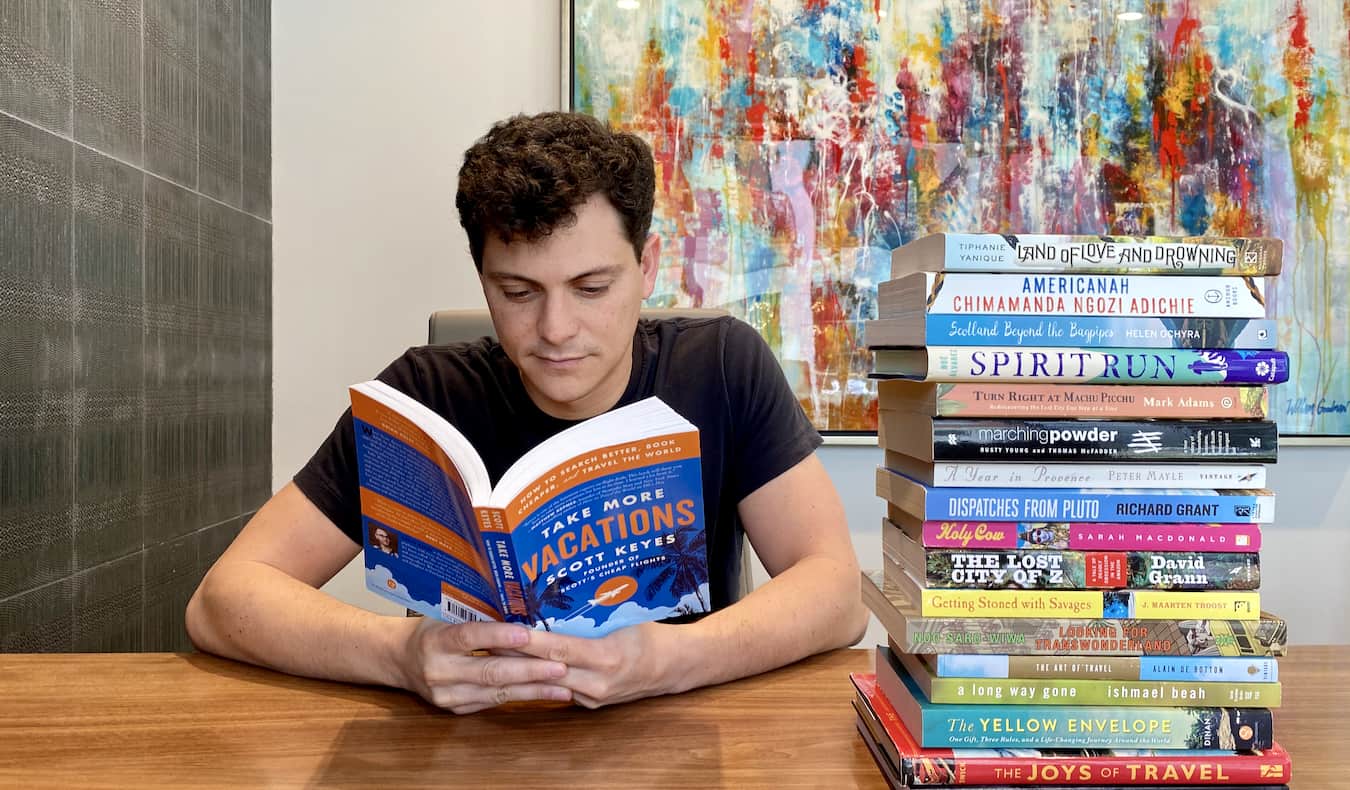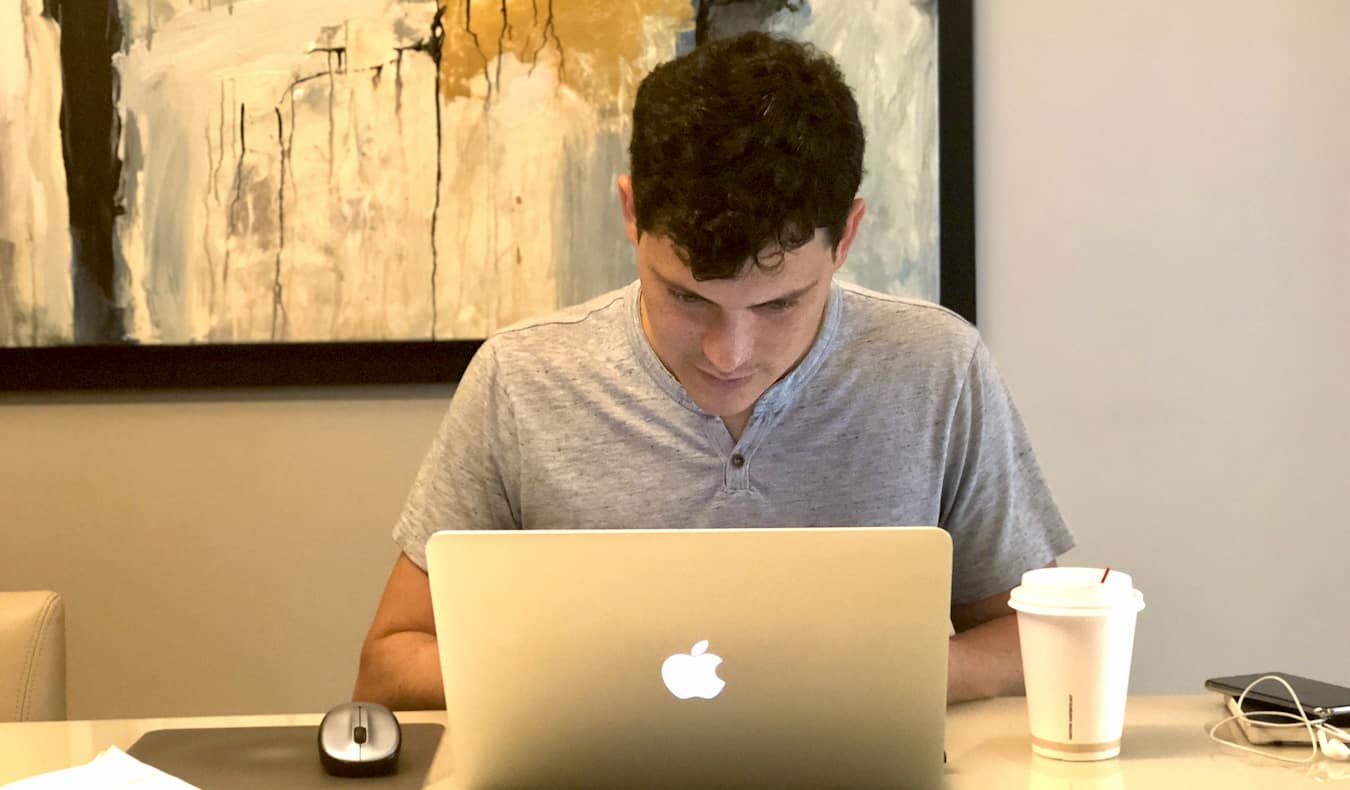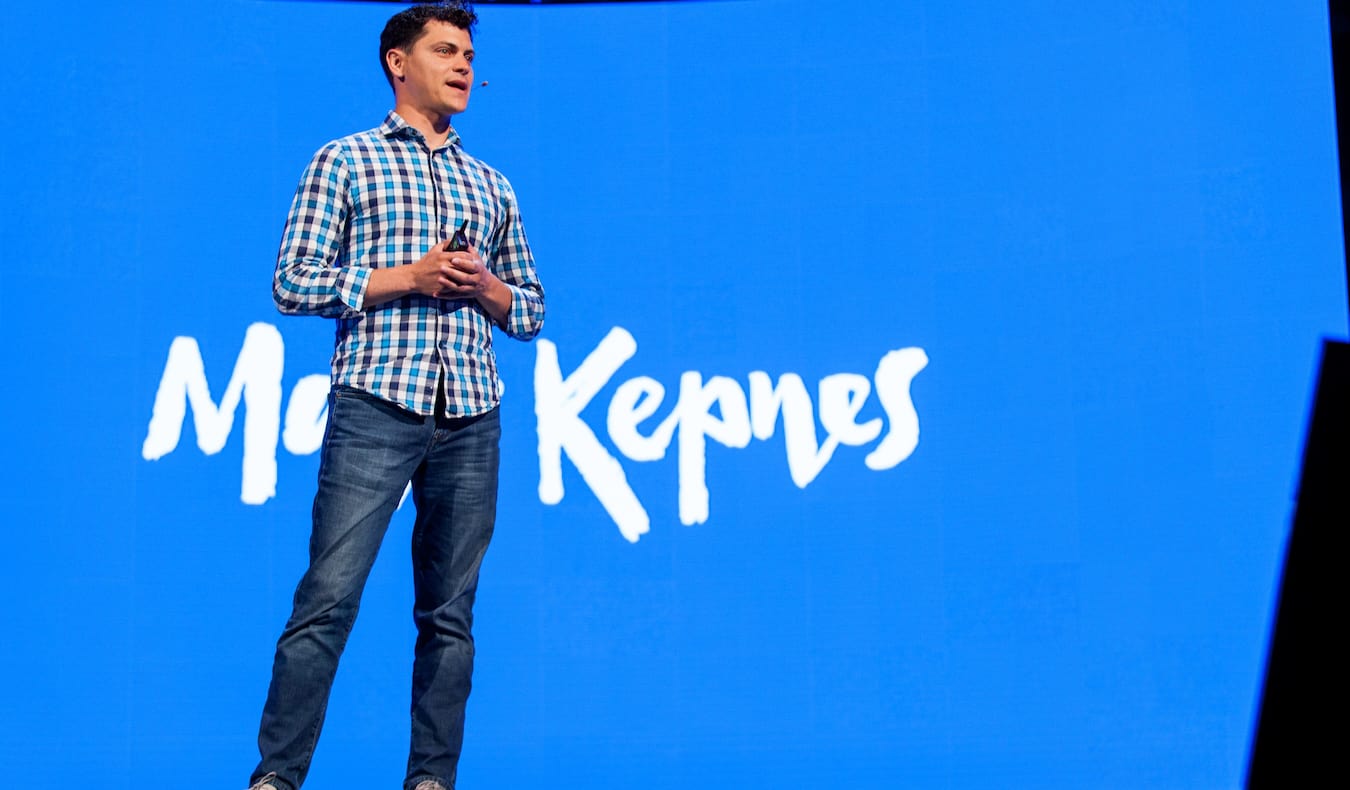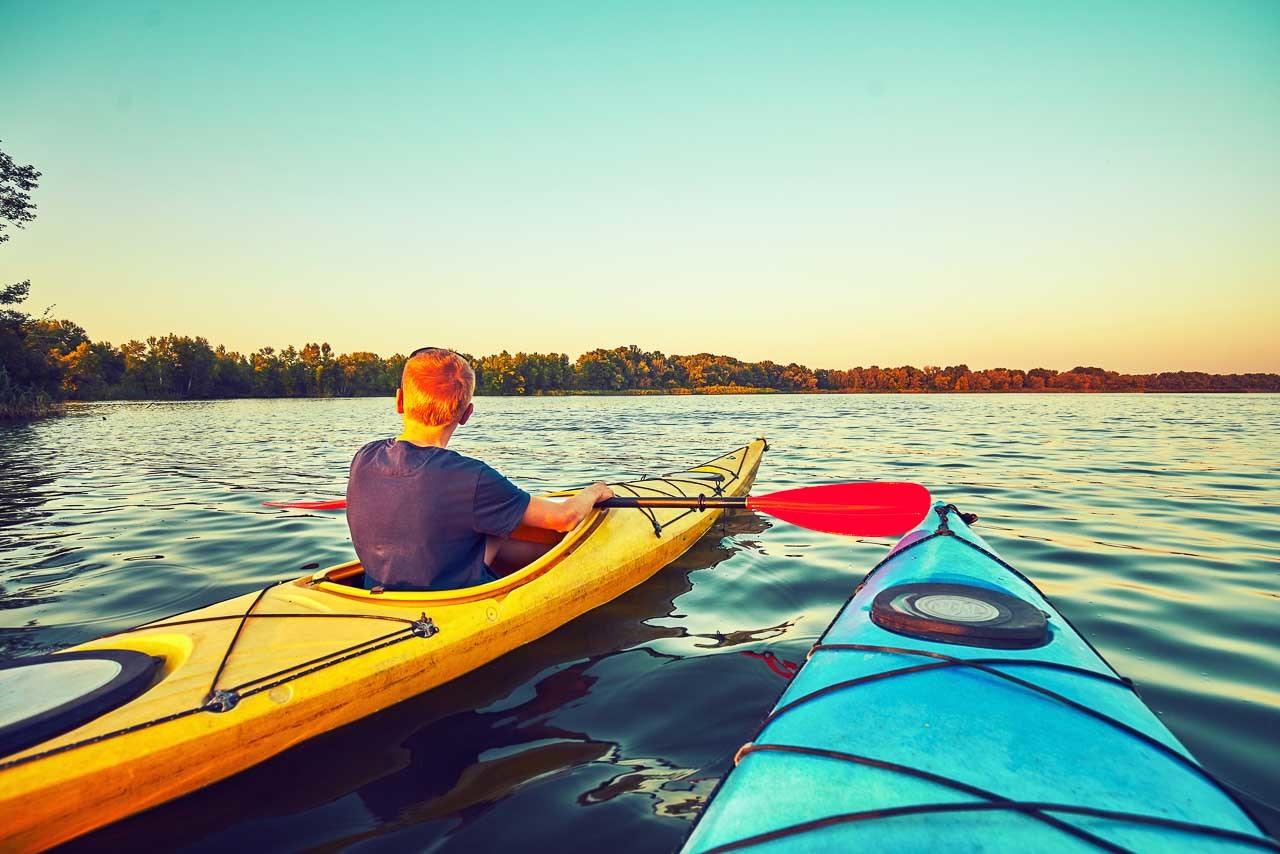15 Lessons from 15 Years of Blogging
10 min read
Table of Contents

Posted: 4/2/23 | April 2nd, 2023
Today is a big day. It marks fifteen years running this website. I posted my first blog entry in early April 2008, after spending over a month bugging friends I met in Vietnam for help with coding. Back then, in the days before WordPress, you had to hand-code everything, and I spent a lot of time figuring out how to move images around, design graphics, create links, and format the site.
I started this blog as a way to get freelance writing gigs so I could afford to keep traveling. I just wanted to put off going corporate for as long as possible. I never thought I’d have a career in travel, but I guess after fifteen years doing so, this counts as a career. I’ve created books, courses, and tours, spoken at conferences, and am quoted in the media. So, I guess I’m kind of an expert in travel? That feels weird to say.
Being a public figure is surreal to me, because, in so many ways, I’m still just a guy who wants to keep traveling. There’s so much of the world I want to see. Sure, I love the business of running a website. It’s a mental challenge I find fascinating. But, to me, it’s still just a way to satisfy my travel addiction and avoid having to work in an office (though, now that I have a team, it’s a more complicated way to avoid the office!).
In the last fifteen years, I’ve seen the internet and travel content creation change dramatically. Digital nomads are no longer weird, and making money online isn’t odd.
“You quit your job? Are you crazy?” isn’t something a lot of people say these days. There’s a lot of positive encouragement for this thing that was once considered so crazy that there must have been something wrong with you if you wanted to do it.
As people are prone to do during milestones like this, I wanted to share some lessons I’ve learned as a grizzled old internet person (because people refer to me as “an OG digital creator” as if I’m 90!).
1. Most people succeed because of luck

Someone’s video goes viral, and suddenly their bakery in Australia has more orders than they know what to do with.
Some people get that lucky interview that opens the door to fame.
Some people just meet that one right person at a conference.
Of course, skill is needed to maintain that success, but a lot of times, luck and timing play a bigger role than people would like to admit. That’s not something you can control. Would I be where I am if I hadn’t started early with a focus on SEO? Probably not. I just happened to start at the right time. That’s not something I controlled. I got lucky.
2. Throw a lot of spaghetti against the wall
I’ve had a lot of failed ideas — from apps to T-shirts to a conference to a hostel. Some of those ventures stuck for a while; others were immediate failures. Some came back years later (we do tours again!). I’m constantly trying new things and then discarding what doesn’t work. But all those things that didn’t work helped us do other things that did work.
3. No one reads blogs for personal updates anymore

Back in the day, blogs were where you told stories and gave life updates. People had RSS feeds and left comments. Now, that happens mostly via email and social media. Yeah, some people will click over to your stories, and blogs are still useful for sharing service-based content, but the way people used to consume personal updates is dead. It probably won’t come back either. The kind of engagement blog comments used to generate is now found on social media.
4. Therefore, you have to be on social media
You can’t be against social media. You have to be on it. I don’t believe you can run a personality-based website without using social media nowadays. You don’t need to be on every platform — join those that make you most comfortable — but you have to be on some. As I said, all social engagement happens there now. It’s where you connect and maintain a relationship with your readers. Your blog is just where you send them when they have questions.
5. You have to learn to make some video content
I hate video. I love words. But video is the wave of the future, and you have to learn to produce it. I’ve already started doing more video and plan to do even more. If your blog has a face (you), that face has to be making video. It’s how young people consume media, and, if you want your message heard by them, you have to do it.
6. It’s important to always reinvent yourself

Change is the only constant in life — and the internet changes at lightning speed. If you don’t constantly reinvent yourself, you are going to get left behind really fast. I know tons of online creators who never moved off their dying social media platform or changed their business model and is puttering along, grinding it out but never really growing. They didn’t adopt new strategies or get on new platforms. They didn’t follow their audience. And, as a result, while they make a living, it’s just a stressful grind of diminishing returns.
You have to be willing to change direction often if you want to succeed online.
7. Some strategies are timeless
Even though everything changes, some things remain the same. You should always have your own website, email is still king, and quality content versus gimmicky trends and memes (on any platform) is still the best way to grow. The tried-and-true marketing strategies to get people to follow you, buy your stuff, or sign up for something haven’t changed (because people don’t change), so following the advice of a bunch of “boring” marketers is still the best way to succeed.
8. Don’t go all in on one platform
Remember Vine? What happened to all those creators who went all in there? Always spread yourself around, because platforms change — and they don’t care about you. Algorithms change, growth slows, and platforms alter direction. So don’t put all your effort into just one platform. Be in multiple places, but also: always direct people back to your website and email list, because, no matter what happens to social media, those are always going to be the two things you own and control.
9. Hire a team

You will never grow if you don’t have a team. There are only so many hours in a day. You just can’t do it all. And your time should be spent on growth and creation, not formatting images. Hiring staff to help with admin work, content updates, email, and anything in between will skyrocket your growth. It’s impossible otherwise.
10. Think of yourself as a pizza shop
If you want to be a successful business, you have to behave like, for example, the brick-and-mortar pizza shop down the street. You have to think about expenses, P&L reports, taxes, marketing, sales, etc. You have to come up with boring marketing plans. You need employees. Otherwise, you’re just playing business, not actually running one.
I know tons of creators who say they “run a business” but when asked for specifics they don’t even know the basics.
11. Never stop learning
Go to conferences, read books, and listen to podcasts. The top people in any field read — constantly.
And they go to events where they learn from their peers.
And they go to niche events, where they learn from experts in other fields.
The greatest disappointment in the travel industry for me is that few creators are really focusing on improving their skills (I say this as someone who ran a professional development conference). But the ones that do? They crush it — and they stay on top! The rest putter along.
12. Learn to let go

We used to gross $500,000 a year just from our blogging courses. Then sales dropped. I spent a lot of money trying to get them back up, but the market had changed. Suddenly, everyone online had a course on blogging and was throwing massive sums into ads. Customers wanted more videos and weekly calls. We tried to adapt, but in the end, what the course market became wasn’t what really interested me. Now, we make about $50,000 a year instead. You have to be willing to let things go if something isn’t working.
13. Don’t try to work and travel at the same time
It’s impossible to work and travel at the same time. You just can’t do it. Your work suffers, your travels suffer, and your mental health suffers. If you want to be a digital nomad, don’t move fast. Move slow, stay in places longer, have dedicated work days, and find good coworking spaces. Don’t run from café to café and destination to destination or else you will always feel like you are only treading water, never like you are moving forward.
14. You MUST network outside your industry

You must network outside your industry if you want to succeed. In your own industry, people know you and there are overlapping audiences. You can only grow so much. But going to events outside your industry? Those are more impactful because you can be that other industry’s expert. I go to finance, business, and social media conferences so I can meet people and be their travel guy. Do they need quotes or an interview? I’m there. Going to non-travel events has done more for my website’s growth than any travel event I’ve ever been to.
15. It’s OK to quit
It’s hard to admit failure. I know a lot of travel creators — and creators in general — that keep working online because they feel they can never go back to an office job, despite the fact they are barely surviving. Sometimes things don’t work out — it’s OK to quit and let go. Use the skills you have to work for someone else and get a regular paycheck. We idolize working for ourselves in the online space so much that we forget that it’s OK to just get paid to do a job and clock in and out. Don’t let pride get in the way of admitting that something didn’t work. Life is too short to be constantly stressed and anxious for years. Let go.
Last year, I quit blogging on a regular basis. I just felt like I’d said all I could say about travel. This year, I’m going to continue that trend and semi-retire. I want to write more books, travel for fun (not for work), and continue to focus on my health and fitness. Last year, I gave up a lot of personal time when travel restarted post-COVID — events, tours, and conferences. It took up most of my free time. In fact, last year was the first year since I started traveling and I didn’t go to one new place.
But no more.
After this month, I won’t be going on any more full TNN tours (though I will still pop in from time to time). I plan to continue to hand off the day-to-day operations of this website to my team. (Letting go is the hardest part of all of this!) I plan to attend my last travel conference this year.
I’ll continue to blog when I feel the urge, but I want to update my book How to Travel the World on $50 a Day, write a new book, focus on bringing travel to people via video, and maybe do something completely new. I’m not sure really.
The last fifteen years have been a wild journey. But it’s time to do other things. I’m not sure what, but it’s time to expand and see what’s out there!
Book Your Trip: Logistical Tips and Tricks
Book Your Flight
Find a cheap flight by using Skyscanner. It’s my favorite search engine because it searches websites and airlines around the globe so you always know no stone is being left unturned.
Book Your Accommodation
You can book your hostel with Hostelworld. If you want to stay somewhere other than a hostel, use Booking.com as it consistently returns the cheapest rates for guesthouses and hotels.
Don’t Forget Travel Insurance
Travel insurance will protect you against illness, injury, theft, and cancellations. It’s comprehensive protection in case anything goes wrong. I never go on a trip without it as I’ve had to use it many times in the past. My favorite companies that offer the best service and value are:
Want to travel for free?
Travel credit cards allow you to earn points that can be redeemed for free flights and accommodation. They are what keep me traveling so much for so little. Check out my guide to picking the right card and my current favorites to get started and see the latest best deals.
Ready to Book Your Trip?
Check out my resource page for the best companies to use when you travel. I list all the ones I use when I travel. They are the best in class and you can’t go wrong using them on your trip.







